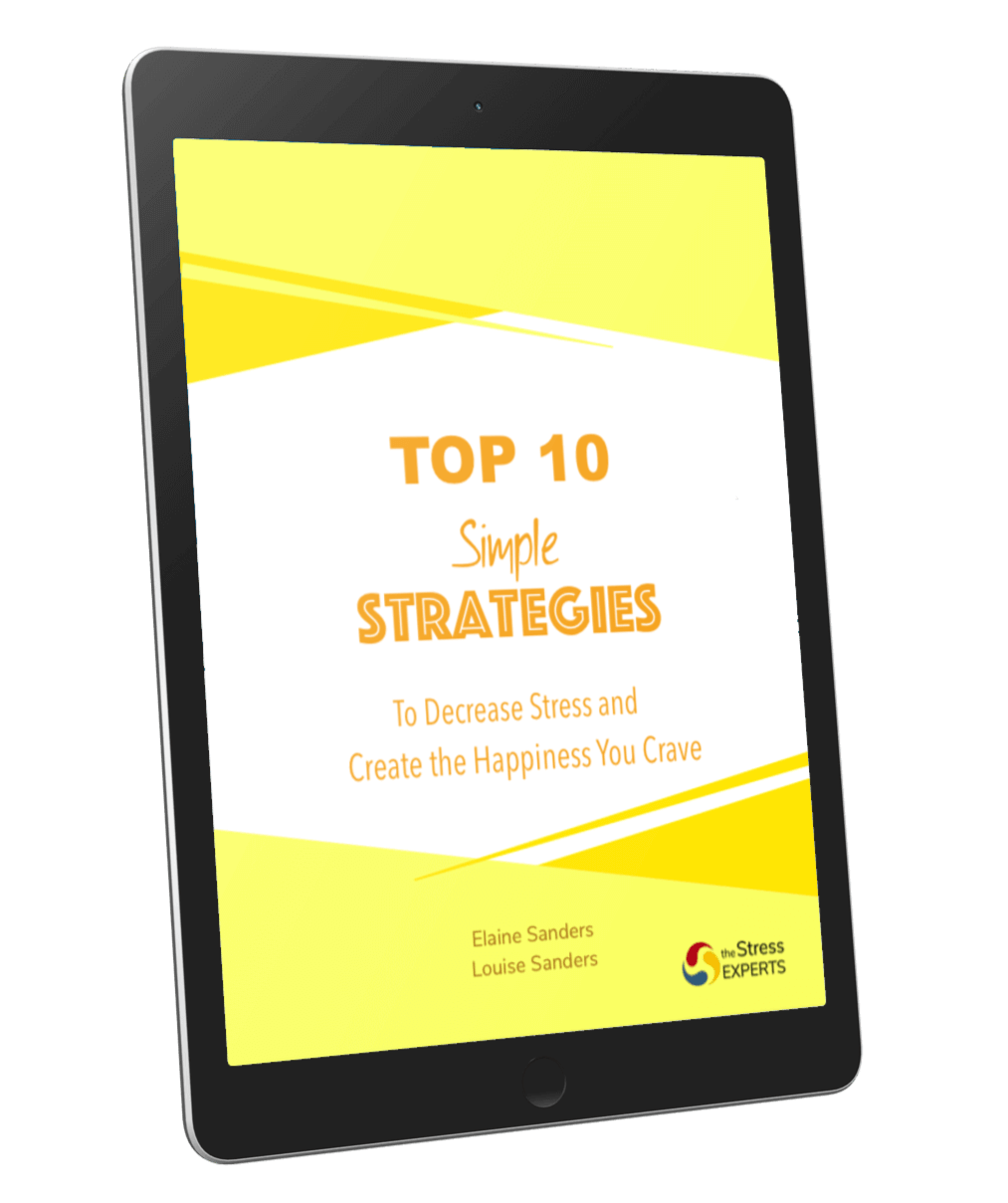
“There is nothing either good or bad, but thinking makes it so.”
-William Shakespeare
This quote is very true when it comes to the topic of emotions.
All of your emotions are neither good nor bad. However, the way you think about your emotions - your beliefs about your emotions - determines whether you see them as “good” or “bad”.
Beliefs can be described as thoughts with strong feelings behind them. You may not even be aware that you have beliefs about emotions.
Why do your beliefs matter?
Because your beliefs affect your experience of emotions, and your experience of emotions affects the level of your stress and the quality of your life.
If you believe that anger is a “bad” emotion, you will try to suppress the angry feelings you have. This can lead to angry outbursts about seemingly little things.
If you believe that showing emotions make you look weak, you will be sure to keep them hidden. This can lead to physical disease, ailments, and/or pain.
If you believe that you must always be happy to be liked, you will stick a smile on your face and keep on going, regardless of how how hard it is to do so. This can lead to feeling inauthentic, alone, and disconnected from others because it seems like no one understands the real you or what you’re going through.
If you believe that emotions are just a result of what happens to you, you are at the mercy of your circumstances and situations in life. You will exhaust yourself by attempting to change your external world and other people in order to make yourself feel better. This is an exercise in futility and it will lead to burnout.
If you believe that emotions are obstacles or distractions from the facts, you will discount important insights and intuitions that your emotions provide. This can lead to diminished decision-making capabilities and poor understanding of your needs.
Where do beliefs come from?
Beliefs are usually formed in childhood, shaped by family, culture, upbringing, and personal experience. For example, children who witness their parents sharing emotions, will often grow up more comfortable with their own emotions. In some cultures, it is customary to hide unpleasant emotions in order to keep the peace, while in others, it is okay to openly share how one feels.
Beliefs may also come from:
Religion - Many religions have specific views on emotions like pride or lust and label them as bad and wrong and something to be punished. This can make followers believe that having these emotions is morally weak or flawed, causing them to deny these feelings rather than understand and manage them.
T.V. and Movies - The media plays a role, too. consider the emotionless tough action hero or the crying damsel in distress, which signals that certain emotions “should” be displayed by some and hidden by others. This might make people believe that some emotions are gender-specific or that vulnerability is only okay for certain people or in specific situations.
Social Media - Social media often focuses on happiness and success while stigmatizing feelings of insecurity or sadness, pushing the narrative that these are signs of weakness or failure. This might make people believe they must always appear happy and successful to be accepted or valued, which can result in hiding “undesirable” emotions.
Societal Norms - Societal norms and peers can also influence which emotions are deemed “acceptable” and which are not, leaving people feeling like they have to conform to the group’s beliefs. This might result in the belief that to “fit in”, certain emotions should be hidden, which takes ongoing effort and can lead to stress, anxiety, and feeling overwhelmed.
Reflect:
What do you believe to be true about your emotions?
What are the potential consequences of having certain beliefs on how you feel, behave, and talk to yourself?
Do your beliefs help you or hinder you on your journey to being the best version of yourself?
Beliefs are not carved in stone; they can change! It usually takes a lot of time, perseverance, and consistency to change a belief. But with EFT, we can make it faster and easier! Schedule a free 30 minute discovery call, now, to learn how to erase ‘negative’ beliefs that keep you stuck and build ‘positive’ beliefs that propel you forward.
Here’s to conquering stress.
With heart,
Louise
The Stress Experts
(Adapted and quoted from PositivePsychology.com's Emotional Intelligence course)
--
Did this blog help you?
Consider sharing it with someone who needs to hear it!
Have a question?
Let me know. I love answering questions! Contact me!
















0 Comments